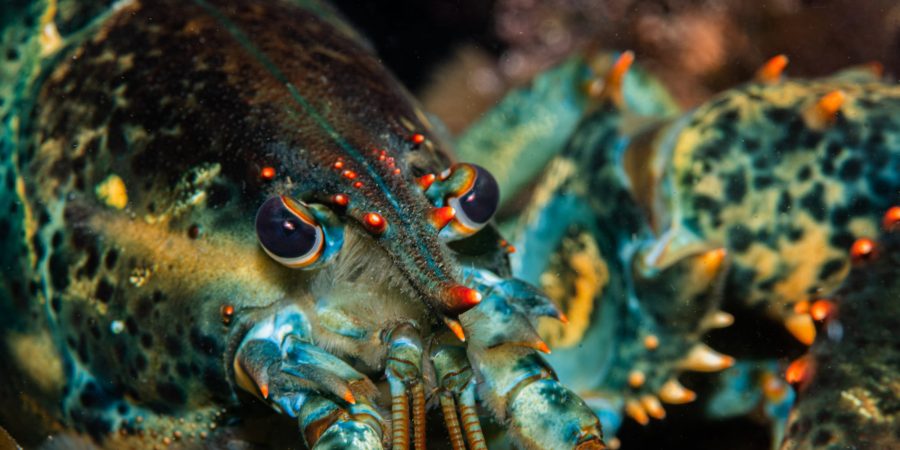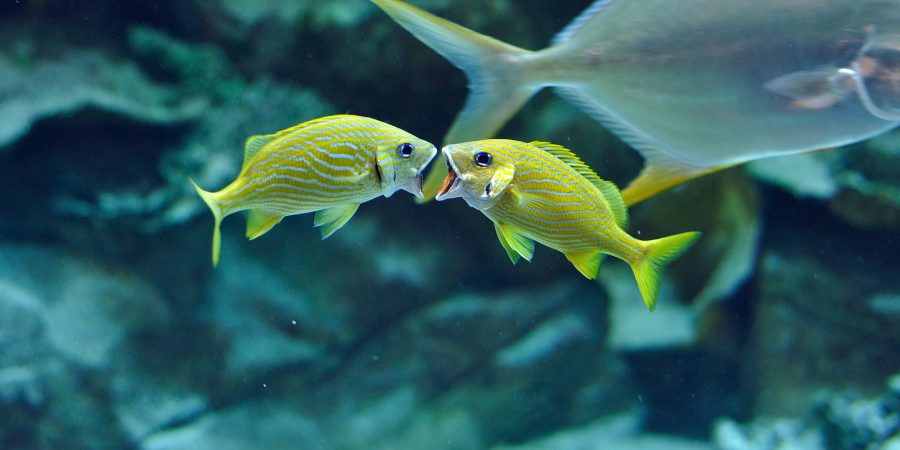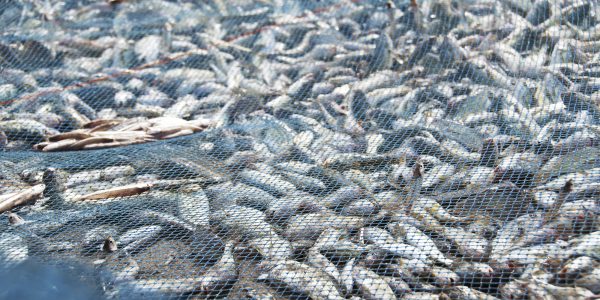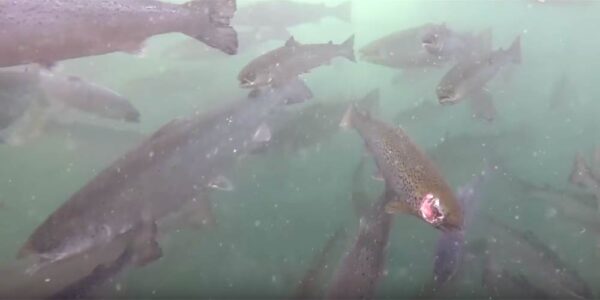Life for a fish might seem simple at first glance, but much like the oceans they call home, there are untold depths beneath the surface.
We still have so much to learn about marine animals and how they experience their watery world – but already there is an exciting body of scientific evidence revealing them to be inquisitive, intelligent, and emotionally complex individuals.
Keep reading for some fascinating facts that will make you see why fish and other marine animals belong in the sea (instead of on the dinner table!).










